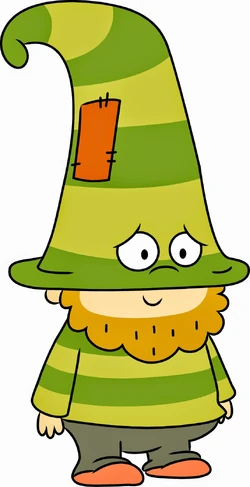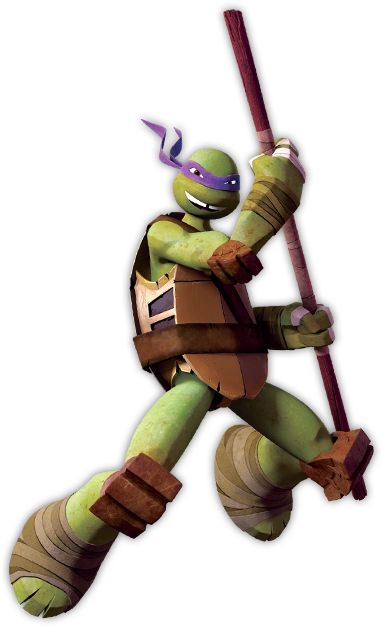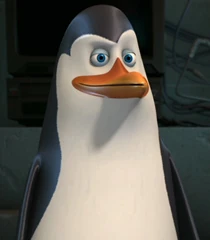Case in point: Bashful from The 7D, a mild-mannered dwarf with a crush on the Queen of Jollywood, Queen Delightful.
 |
| He doesn't look threatening- in fact, he's quite a catch- but he sends the wrong message to little boys. |
I like Bashful most of the time, but his actions around Queen Delightful are problematic most of the time. Not particularly threatening but inappropriate, and gives boys the wrong idea about how they should behave around girls.
In "Free Teensy" he appears from behind Queen Delightful when she rings the Bing Bong Bell to call the other dwarfs. She reacts with a stunned "Oh. Hello". He declares to the other dwarfs, "She can't get enough of me". This reflects the behaviour of the entitled "Nice Guy" in fiction, from Frasier to Friends to How I Met Your Mother.
Now, like I said, Bashful isn't a threat because of how small and meek he is, (when he gets his way with staying with Queen Delightful in "Buckets", they clearly don't do anything except talk about who "Buckets" is).
In "The Jollywood Games", he wins a tournament fair and square and whispers his request to the Queen. She calmly responds, "No, that's not going to happen". When he whispers what his request was to Grumpy, the latter exclaims, "What is wrong with you?!" Soon after, Queen Delightful arrives and kisses Bashful, saying only this: "Request granted". This is an example of "lampshading" in fiction, where a problem is addressed but continues to happen anyway.
Oddly enough, the only time where he's alone with her and doesn't make advances on her in any way is in "Chicken Soup for the Troll", ironically when she's literally being weighed down (by a fishing line; her Yodel-Lady Flu causes her to float up into the sky).
Despite Bashful's redeeming qualities, this only means his flaws are even more harmful to children's perception of the world, and by extension society.
Donatello in Teenage Mutant Ninja Turtles (2012) has a crush on April O'Neil. His pursuit is much more obsessive and more threatening than Bashful's, but he's still show to be a charming "nice guy" whose behaviour towards his love interest is problematic. Again "lampshading" comes into play because the turtles are horrified at the chart that Donatello creates around April, but she still eventually reciprocates his feelings in the show's third season (even though he redeems himself at the same time when he realizes he's been stalking April).
And again, despite Donatello's redeeming qualities, his actions are harmful to society, since children watch his show.
And finally, there's Kowalski in The Penguins of Madagascar.
I like Kowalski most of the time, but he obsesses over his ex-girlfriend Doris far too much. His most appalling behavior is in "Loathe At First Sight", when he invents a machine that he wants to use to make Doris fall in love with him (He tries it out on several people, and then when he's told to reverse the effects again, he ends up making everyone hate him). Again, Doris eventually reciprocates his feelings in "The Penguin who Loved Me", but it's a good thing she didn't find out what he did in "Loathe At First Sight".
Once more, his "Nice guy" entitlement sends the wrong message to children.
Fiction has come a long way from women being a prize, but it still has a long way to go. It's fine to address this problem in sitcoms but more children's shows need to be examined, too.


No comments:
Post a Comment